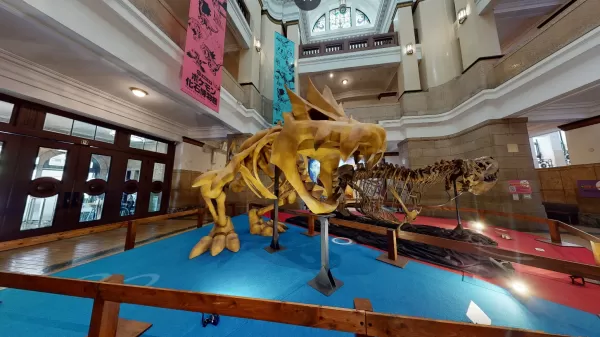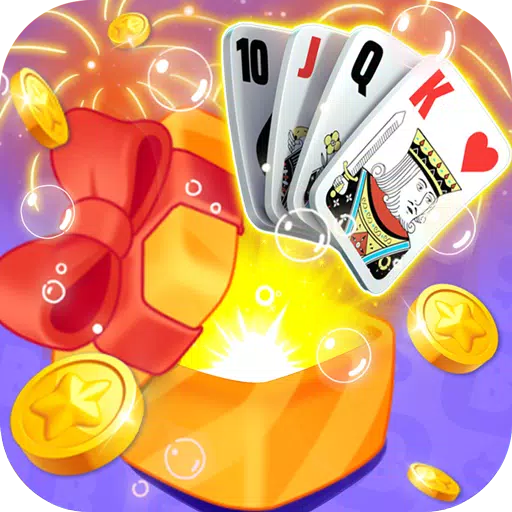Ready at Dawn's co-founder, Andrea Pessino, recently revealed that Sony rejected a proposed sequel to their PlayStation 4 title, The Order: 1886, citing the original game's lukewarm critical reception. Despite this, Pessino claims Ready at Dawn pitched a compelling sequel, even stating they would have accepted unfavorable terms to create it for the fans.
Pessino shared with MinnMax that the sequel concept was "incredible," though he refrained from specifics due to lacking franchise ownership. He emphasized their willingness to endure challenging circumstances, stating they would have "signed [their] life away" for the opportunity. This desire stemmed from a perceived need to redeem the franchise and build upon the strong foundation laid by the first game.
The development of the original Order: 1886, released in 2015, was fraught with difficulties, according to Pessino. The team faced pressure to maintain the high graphical fidelity showcased in early previews and reveals, leading to compromises and a rushed release. Payment discrepancies arose when Ready at Dawn prioritized other aspects of development, temporarily compromising graphical standards – a situation Pessino describes as standard practice for third-party developers working with publishers like Sony. This, however, created a strained relationship.
Despite this challenging past, the team was prepared to accept a significantly less favorable contract for the sequel. Pessino explained that they lacked leverage and would have been entirely at Sony's mercy regarding budget and creative decisions. Their motivation was solely to deliver a sequel to the fans and rectify the shortcomings of the original.
The original game ended on a significant cliffhanger, fueling fan anticipation for a continuation. However, with Ready at Dawn's closure by parent company Meta in 2024, those hopes are now extinguished. IGN's review of The Order: 1886, scoring it a 6/10, summarized the game's shortcomings: "Though a stylish adventure, The Order: 1886 emphasizes its cinematic polish at the crippling cost of gameplay freedom." The rejection of the sequel proposal underscores the impact of critical reception on game development and franchise continuation.







